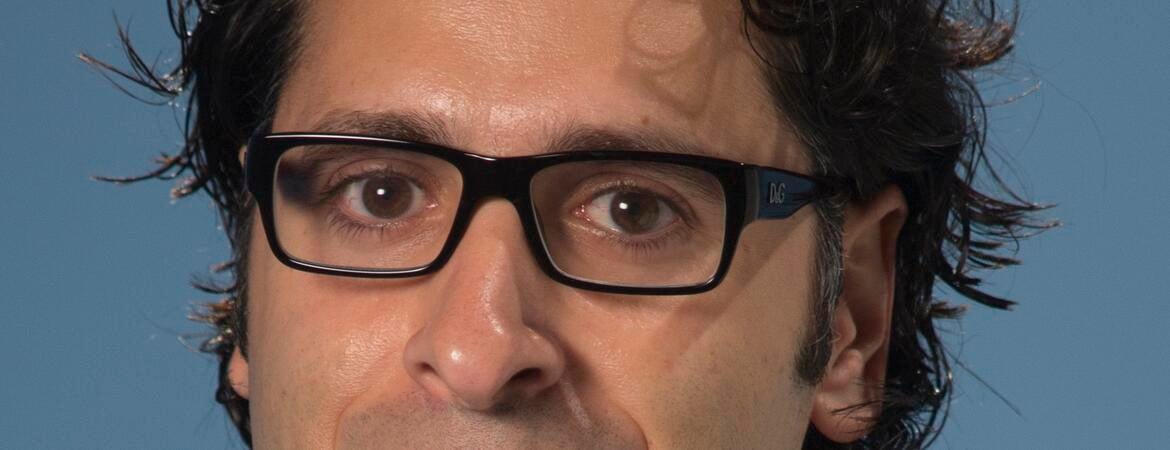Visit UCR Return to Campus website - Take the COVID Screening Check survey

Professor Kassas Receives $350K Grant from NIST
Prof. Zak Kassas received a three-year $350,000 grant from the National Institute of Standards and Technology (NIST). Prof. Kassas is a Co-PI on this grant with Prof. Andrei Shkel the PI and Prof. Solmaz Kia a Co-PI (both from the University of California, Irvine). The total awarded grant for this project is $1,960,613. The grant will fund research to develop an innovative framework for location-based services to localize emergency responders, assets and equipment, and other people (e.g., patients and trapped persons) indoors and in covered outdoor environments, where GPS signals are unusable. The project will develop the ultimate navigation chip (uNavChip): a chip-scale personal navigation system integrating deterministic localization and probabilistic signals of opportunity.
The project will integrate: (1) state-of-the-art micro-electro-mechanical systems (MEMS) inertial measurement units (IMUs) on the same chip with micro-machined ultrasonic transducers (CMUTs), (2) exploitation of cellular signals of opportunity as external aiding sources, and (3) cooperative localization among mobile agents with relative measurements.
Professor Kassas Receives $750K Grant from ONR
Professor Zak Kassas received a three-year $750,000 grant from the Office of Naval Research (ONR). Professor Kassas is the PI on this grant and Professor Ping Liang is the Co-PI. The grant will fund developing an integrated research and training program in resilient navigation and communication systems in contested electromagnetic environments.
This program aims to (1) analyze ambient signals in the environment, (2) detect and localize signals transmitted with a malicious intent, (3) design algorithms for opportunistic and collaborative extraction of relevant information from these signals, (4) build software-defined radio (SDR), cognitive radio (CR), and hardware prototypes to fuse the extracted information with GPS signals (when available) and with onboard sensors with multiple modalities, detecting multimode signals and using opportunistic spectrum for networking, and (5) build mesh wireless networks that are reliable, broadband, and with low-latency.